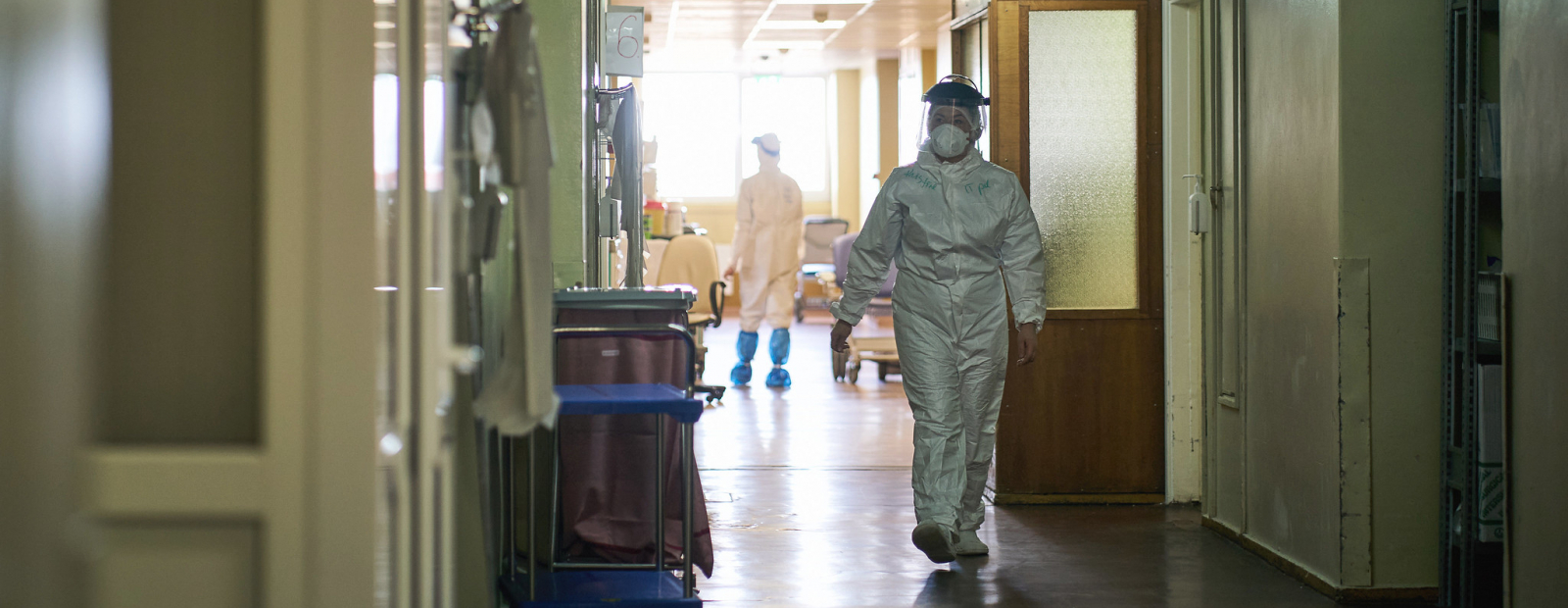“Changes in sex hormones prior to menstruation increase the susceptibility to migraine attacks,” says Professor of Neurology Gisela Terwindt. “That is why we see that in a large group of women, menstruation is accompanied by migraine.” In their study, the researchers compared perimenstrual and non-perimenstrual migraine attack characteristics. For example, they found that perimenstrual attacks carry a higher risk of migraine recurrence, resulting in increased use of anti-migraine drugs, such as triptans. In addition, perimenstrual attacks were associated with a higher headache intensity and were perceived as more painful.
Preventive treatments
This has important implications for doctors who treat women with migraines, according to Terwindt. “Doctors should be encouraged to prescribe preventive treatments for women with perimenstrual migraine attacks to reduce the duration and severity of attacks, as this can prevent these women from having to take triptans for several consecutive days,” says Maassen van den Brink, Professor of Pharmacology. “To reduce the chance of headaches returning, doctors may consider prescribing long-acting triptans for the acute treatment of migraine attacks or recommend additional intake of specific long-acting analgesics after the attack has responded to a triptan,” Terwindt added.
The first authors of the study, Daphne van Casteren and Iris Verhagen, think their results emphasize that additional research into the provocative role of sex hormones in women with migraine is very important. In addition, they believe it underlines the need to develop women-specific preventive treatments.
By: National Care Guide
–


